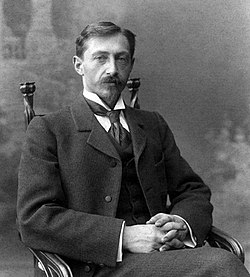
This is a list of all short stories published by Nobel Prize for Literature laureate Ivan Bunin. [1]

This is a list of all short stories published by Nobel Prize for Literature laureate Ivan Bunin. [1]
1890
1891
1892
1893
1894
1895
1897
1898
1899
1900
1901
1902
1903
1906
1907
1908
1909
1910
1911
At eight [in the evening], Bunin started reading his finely written story about mother and son. Mother is being starved to death, while her son, a loafer and a slacker, just drinks, then dances drunk on her grave and after that goes and lies himself upon rails and gets both his legs cut off by the train. All this, written with exceptional skills, still makes one depressed. Were listening: Kotsyubinsky, who's got an ailing heart, Tcheremnov, a tuberculosis sufferer, Zolotaryov, a man who cannot find his own self, and me, whose brain aches, not to speak of head and bones. Afterwards, we were arguing a lot about the Russian people and their destiny... [15]
1912
1913
1914
1915
1916
1917
1918
1919
1920
1921
1922
1923
1924
1925
1926
1927
1929
1930
1931
1932
1936
1937
1938
1940
1941
1943
1944
1945
1946
1947
1949